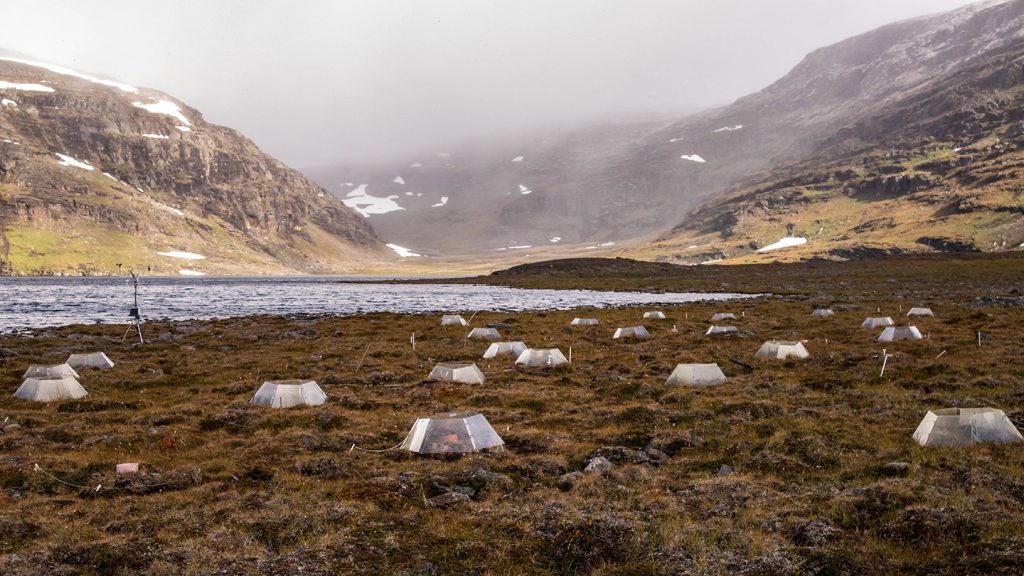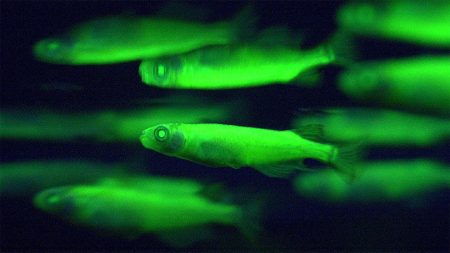Climate change is significantly impacting the Arctic tundra, with temperatures rising at a rate four times faster than the rest of the planet. A study suggests that this increase in temperature will lead to underground microbes in the tundra releasing more carbon dioxide, potentially creating a feedback loop that exacerbates climate change. This study involved measurements taken in 28 tundra regions worldwide, showing a 30 percent increase in CO2 respiration due to a 1.4 degree Celsius temperature rise.
There is a lot of variability in how different field sites are responding to the temperature increase, with nitrogen-poor soil showing greater CO2 respiration. As warmer temperatures cause plants to become more active, their symbiotic microbes also become more active, producing more CO2. This heightened microbial activity is a key factor in the increase of carbon dioxide in the atmosphere. The study provides strong evidence that warmer temperatures will lead to increased microbial activity and CO2 release, with implications for the tundra’s role as a carbon sink or source.
The Arctic permafrost stores a vast amount of carbon, and studies project significant carbon emissions from degrading permafrost by the year 2100. The potential increase in CO2 emissions from soil microbes contributes to concerns about further global warming. However, the study’s results do not definitively point to a future of skyrocketing carbon emissions from the tundra. Other processes, such as increased plant photosynthesis, could offset the CO2 release. Understanding the complexity of the Arctic ecosystem and how nutrients cycle will be essential for accurate predictions on the tundra’s response to climate change and its impact on the planet’s climate.
Scientists suggest that future research should focus on incorporating more nuanced data to capture the interactions between nitrogen, microbes, and carbon cycling in the Arctic tundra. By understanding these processes more comprehensively, researchers can improve predictions on how the tundra will respond to climate change and refine estimates on its contribution to global carbon emissions. Enhancing our understanding of the Arctic ecosystem dynamics will be crucial in addressing the challenges posed by climate change and developing effective mitigation strategies.















